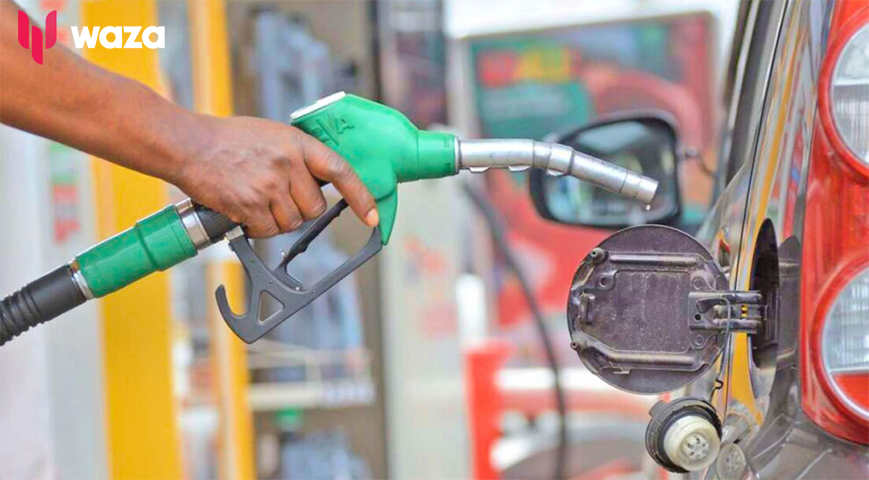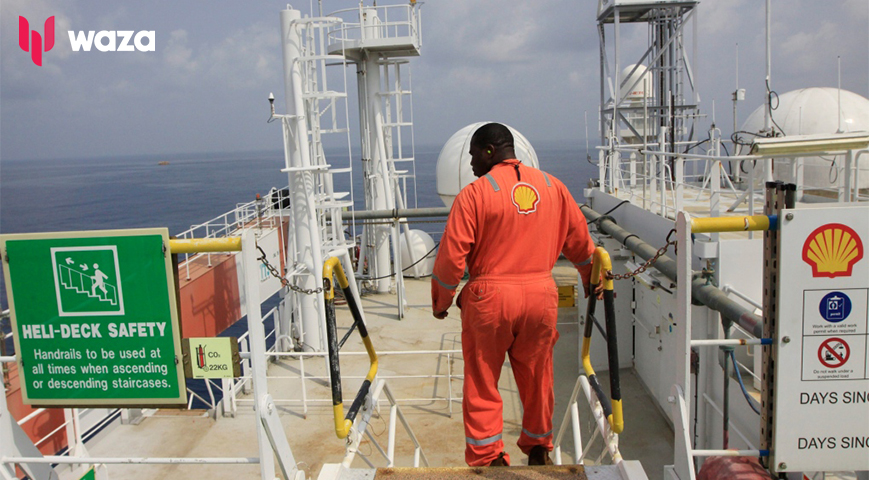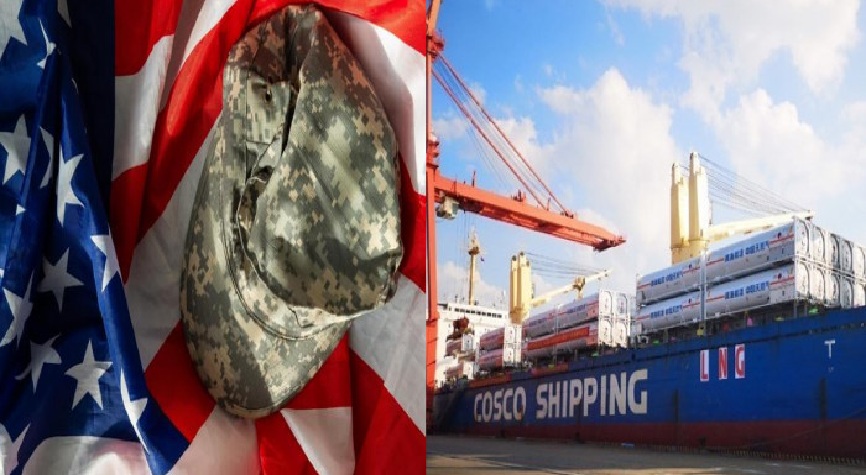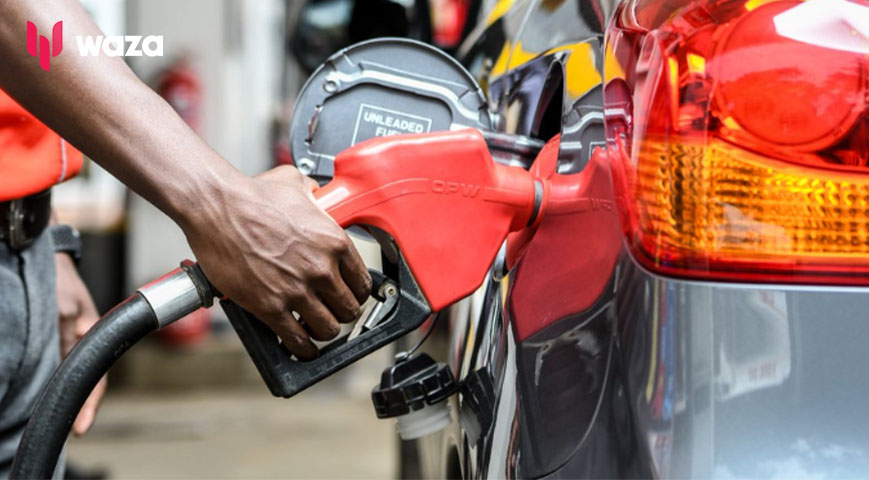Fuel prices in Kenya have reached an all-time high, surpassing Ksh.200 per liter.
The hike, a hefty punch to ordinary Kenyans' purses, is projected to have a ripple effect on the already skyrocketing cost of living, with prices of critical foodstuffs and transportation expected to climb.
During an appearance on Citizen TV's Day Break Show on Friday, Public Policy Analyst Arnold Maliba shed light on the causes for the steep increase, adding that the global dynamics dictating fuel pricing heavily influence Kenya, a net importer of fuel.
"Kenya is a net importer of fuel, and the pricing of fuel, other than levies and taxes, is purely controlled by international dynamics," he explained.

Did you read this?
Factors such as OPEC's lower oil production, the Russia-Ukraine war, winter-induced stockpiling of oil in the Northern Hemisphere, and refinery maintenance worldwide have all contributed to the surge in fuel costs, he said.
"OPEC, a significant player in the oil market, recently cut down its oil production by about 3.4 billion barrels over the last four months, constituting approximately 4% of the world's daily fuel consumption. The ongoing conflict between Russia and Ukraine, coupled with sanctions on Russia, has likewise disrupted the global oil market as Moscow, the largest reservoir of oil, grapples with oil exports restrictions," he said.
"The onset of winter in the Northern Hemisphere adds to the strain, prompting stockpiling of diesel and paraffin to meet increased demand for heating." This hoarding, combined with widespread refinery maintenance, has hampered output capacity in a variety of businesses around the world."
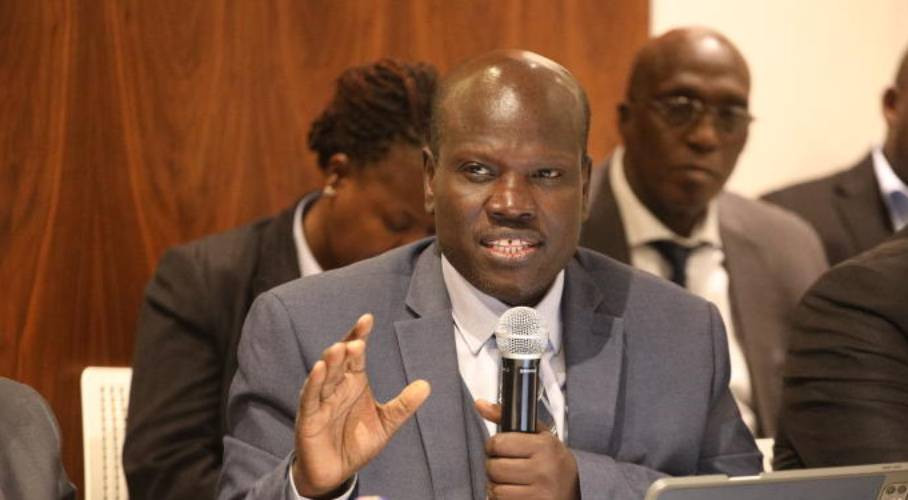
Maliba also emphasized Kenya's limited control over these external issues, highlighting that the government's ability to manage fuel prices is limited to levies and taxes.
"The Kenyan government previously subsidized fuel, but the subsidy was recently removed, saving the country an estimated Ksh. 65 billion." "However, by doing so, ordinary citizens have been exposed to the full force of the volatile international fuel market," he warned.
Kenya Young Parliamentarians Association (KYPA) CEO Anthony Buluma, who was also on the show, voiced dissatisfaction with the fuel price increases despite the government's promises to lower the price of the crucial commodity.
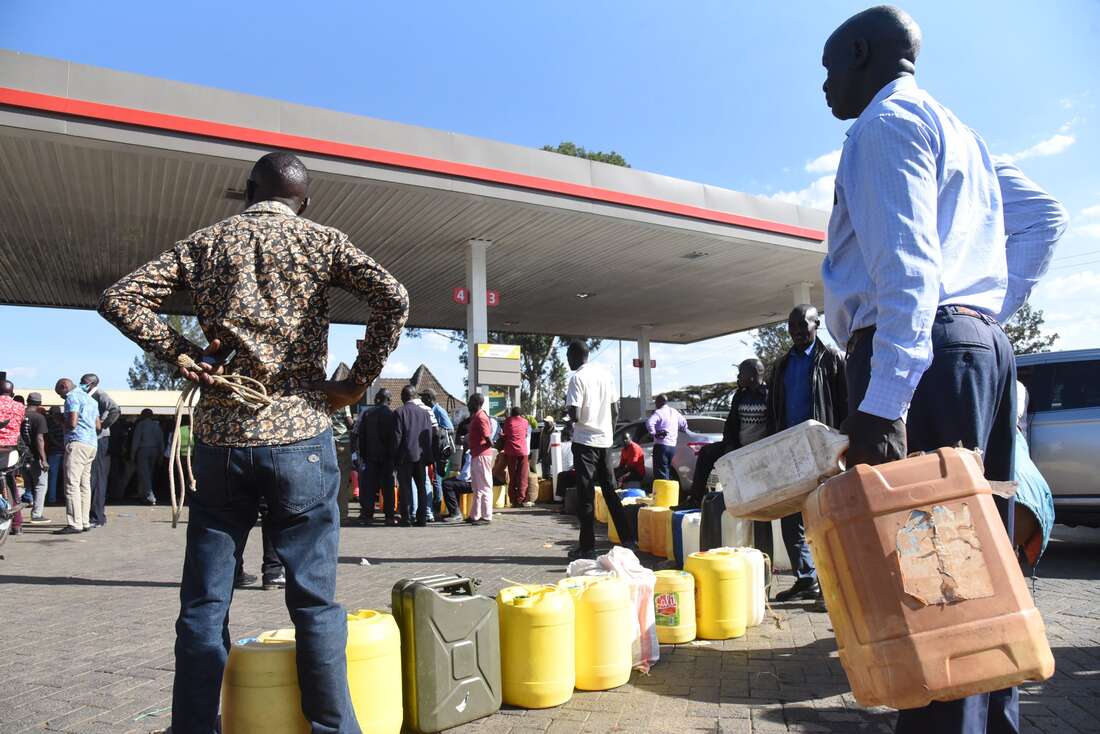
He urged Members of Parliament to work together to develop measures to ease the burden on the public, emphasizing the far-reaching impact of high fuel prices on the country's economy and the daily lives of its citizens.

